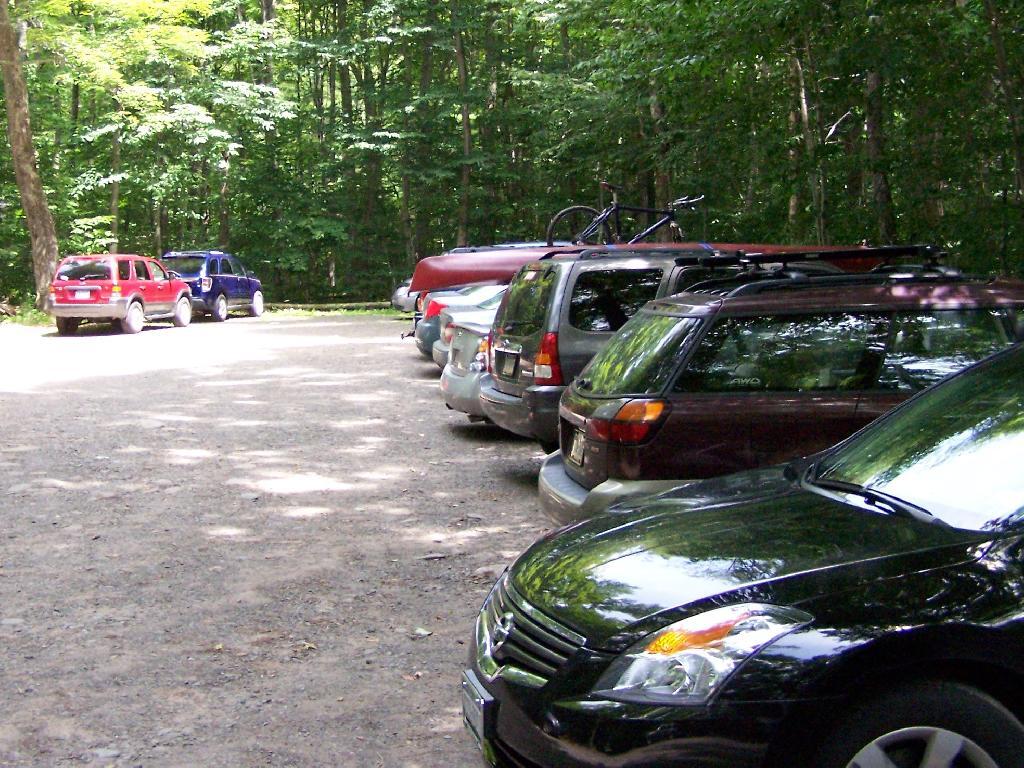Every Exit on I-84 in Hudson Valley To Get New Exit Number
New York is finally embracing mile based exit numbers. The Taconic Parkway now uses mile based exits, as does Interstate 890 in Schenectady (because there is an exit nearly every mile).
MUTC 2009 Edition required all states to use mile-based exits on roads built after that year, but they did not include a set year for changing over existing highways, although the draft document called for a deadline of 2019, but now that's just the preference. Compliance with MUTC is required for federal highway funding. Virtually all states outside of New England switched over to mile-based exits in 1970s and 1980s.
The moral of the story: Expect to see a lot of New York highways with changing exit numbers in coming years, and "Old Exit XXX" signs.
